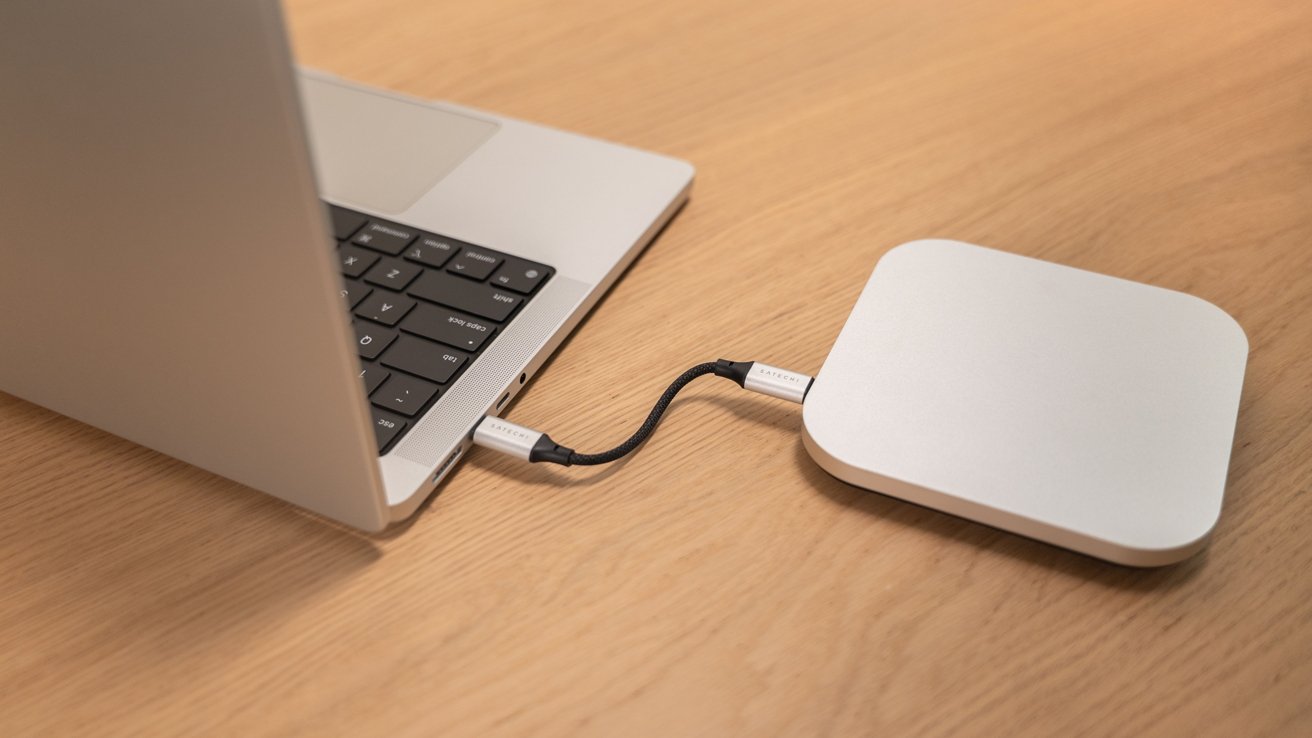AI has exploded in popularity over the last few years, with the likes of ChatGPT‘s Custom GPTs and Gemini’s Gems promising to make certain tasks easier. Although OpenAI and Google might market those as AI assistants, they tend not to do much more than the core chatbots themselves. Google’s Project Mariner AI is something entirely different. It aims to be an actual assistant for your life by helping you find a job, order groceries, and do other small jobs you don’t want to handle yourself.
I’ve tested various AI assistants, and they don’t usually impress me, but an all-purpose AI assistant that can navigate a virtual web browser to do anything you want is a cool idea, and that feels closer to an actual assistant than even Alexa or Siri. Going into Project Mariner, I was excited to see the future of virtual assistant tech.
Unfortunately, Project Mariner barely functions in its early stage of development. After spending some time with Project Mariner, I’m here to walk you through how it functions, some of the problems I encountered, and my major concerns about the idea as a whole.
What Is Project Mariner and How Does It Work?
Project Mariner is the code name of Google’s new AI assistant, which is in development. Currently, Google restricts Project Mariner access to its AI Ultra subscription tier, which costs a whopping $249.99 per month.
When you open Project Mariner’s Google Labs page, a virtual instance of Google Chrome appears on the side of your screen for it to pilot: It clicks on things and navigates through websites like a person, which you can watch in real-time. If you task it with finding you a job, for example, Project Mariner might start with a Google search and then end up on Indeed. At any time, you can take control of the instance, like if it gets stuck or you need to sign in to a site.
You can also install a Project Mariner Chrome extension, which allows you to share tabs with it. If you do so, Project Mariner will start with those tabs rather than a blank page. This extension can also help you train Project Mariner: It records your screen so it can watch as you complete tasks. It’s not currently clear exactly how this works, though, or if you should expect Project Mariner to immediately learn how to do a task you demonstrate. In testing, I couldn’t successfully train Project Mariner to do anything.
Even When It Does Function, It’s Not Good
If the concept of Project Mariner sounds too good to be true, it is (for now). The biggest hurdle I had to clear was getting it to actually work. Project Mariner opened Indeed when I asked it to find me jobs but then got stuck on a CAPTCHA that wouldn’t go away even when I took control.
When I asked Project Mariner to add groceries to my Instacart, it failed to do so. On many occasions, it accidentally clicked on ads or needed to ask my permission to close a pop-up, which slowed things down significantly.
When you share multiple tabs with Project Mariner, it has a lot of trouble understanding them together in context. For example, when I shared my build for a video game character alongside builds available online and asked for a comparison and critique, it mistook the online character build as my own, despite clear labels.
Get Our Best Stories!
Your Daily Dose of Our Top Tech News
By clicking Sign Me Up, you confirm you are 16+ and agree to our Terms of Use and Privacy Policy.
Thanks for signing up!
Your subscription has been confirmed. Keep an eye on your inbox!
Even when Project Mariner worked, the results weren’t promising. When I asked it to find a top-notch oyakodon recipe, it searched for that on Google, opened the first result, and marked the task as complete. That sequence took several minutes. When I told it to add the ingredients for that recipe to my Instacart, Project Mariner accessed a fresh Instacart page even though I had shared a tab where I had signed into my Instacart account and opened my local grocery store. As a result, I needed to take control, sign in again, and make sure any groceries it added were in the correct cart.
In many cases, Project Mariner functions as a slower, worse version of the deep research and web search features you already get with Gemini. Take the above experience of looking for an oyakodon recipe as an example: If I ask Gemini for one, it gives it to me in seconds. If I want a comprehensive look at oyakodon recipes to find the very best one, I can use deep research for that. Deep research takes longer than Project Mariner to run, but it actually gives me what I want.
Even More Privacy Concerns
As with many AI features, Project Mariner demands access to a lot of your data. Its Chrome extension, for example, needs permission to access your browsing history, as well as read and change all your data on sites you visit. When you use Project Mariner, a pop-up also asks for permission to access the data in your clipboard.
Recommended by Our Editors


How much data does Google collect, and for how long does it store it? Unclear. Does Project Mariner use everything its extension has access to train its underlying tech, or just whatever is relevant to completing a task? Unclear. What happens if you take control to sign into an account? Also, unclear. Does Project Mariner keep your email and password data? You get the idea.
I realize that some information can’t be private for a feature like Project Mariner to work. If I asked a human assistant to order my groceries, they would need my Instacart account information, after all. But they probably wouldn’t need all my browsing history and clipboard contents, too. I wouldn’t expect them to write all this information down somewhere for later analysis, either. Google already collects and uses your conversation history with Gemini for training purposes by default, and Gemini gets access to all your emails in Gmail, your files in Google Drive, and so much more when you sign up for a premium plan. It all just feels invasive.
Project Mariner Will Get Better, But…
It’s important to remember that Project Mariner is just a research prototype for now—this isn’t a product ready for launch. Considering the breakneck pace of innovation in the world of AI, I expect Mariner to get a lot faster and smarter soon.
Google seemingly envisions Project Mariner as a one-stop shop for simple tasks on the web. But even if it can nail that functionality, who has a few spare minutes to task Project Mariner with something but not a few more to just do it themselves? And how many people in that group would pay even $20 per month for that privilege, assuming Project Mariner makes its way into Google’s cheaper AI Pro plan eventually? And for simple tasks like grocery shopping, why not just use the AI features of the service you already pay for instead?
Companies seemingly introduce platform-specific AI features every day, so it’s hard to imagine Project Mariner will eventually outperform all of them. But we’ll all just have to wait and see how much (and how fast) Mariner improves to know for sure.
About Ruben Circelli
Analyst, Software










